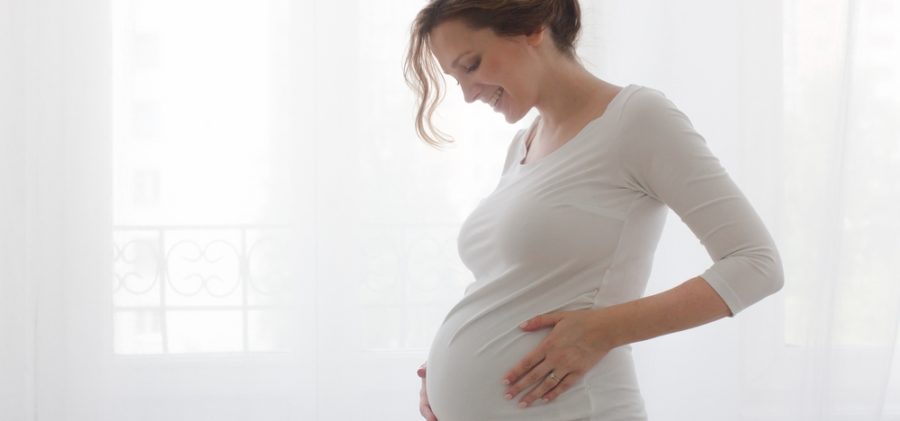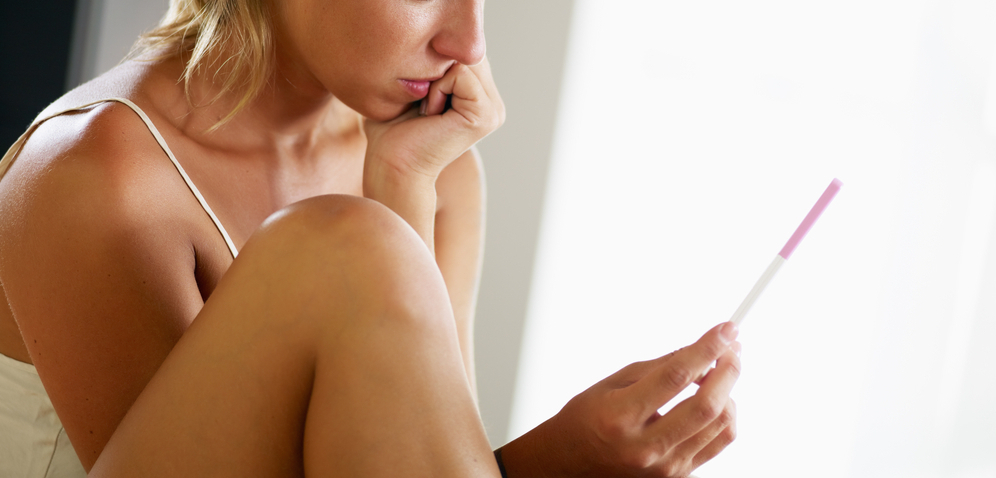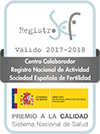
What is the best age to become a mother? In terms of fertility it is easy to find out but from a personal point of view, a woman chooses to be a mother when she believes it is the right time. However, for different reasons, there are an increasing number of women who face the challenge with their fertility in order to be a mother at 40 even if the chances to get pregnant naturally are about 5%. This percentage has considerably increased with the assistance of assisted reproduction techniques. In most cases, the recommended treatment is the IVF, (according to the medical diagnosis), which has a direct impact on the fertilization process.
Thanks to these techniques, more than 10,000 babies per year who are born in Spain have 40 years old-mothers who decided to delay their motherhood because they did not feel prepared due to economic factors or other personal reasons.
The age remains a key factor in fertility and it is essential being aware that you are not fertile until the menopause arrival. As time goes by, the number and quality of ovocytes decrease and the ovarian reserve is about 10% starting from 30- 35 years old. However, women who desire to be mothers have two different possibilities: 5% for natural conception and if it fails, they can opt for the In vitro fertilization.
Assisted reproduction treatments act directly on the pregnancy process by selecting the most viable gametes to make the fertilization easier. Depending on the medical diagnosis, the most recommended treatment in these cases is the IVF (In vitro fertilization). With this technique, the chances to have a healthy baby are significantly higher than a natural pregnancy. IVF with patient’s eggs and partner’s sperm, IVF with donor’s egg and sperm are some of the options to be chosen. Frequently, women who wish to be mothers at 40 do not have quality eggs so they can opt for IVF with egg donor (Egg donation) using anonymous donor’s egg for the conception.
Delaying motherhood through Egg vitrification
As a preventive measure, many women decide to vitrify their eggs during their highest fertility peak that is when their oocytes are of higher quality since they do not know the specific time in which they will become mothers. The ideal period is between the twenties or early thirties in order to ensure that the eggs quality remains unaffected. Thus, when they feel ready and want to become mother at 40, for example, these eggs are thawed to proceed with the fertilization by using partner’s or donor’s sperm. The embryo resulting from the process is transferred to the uterus of the future mother.







